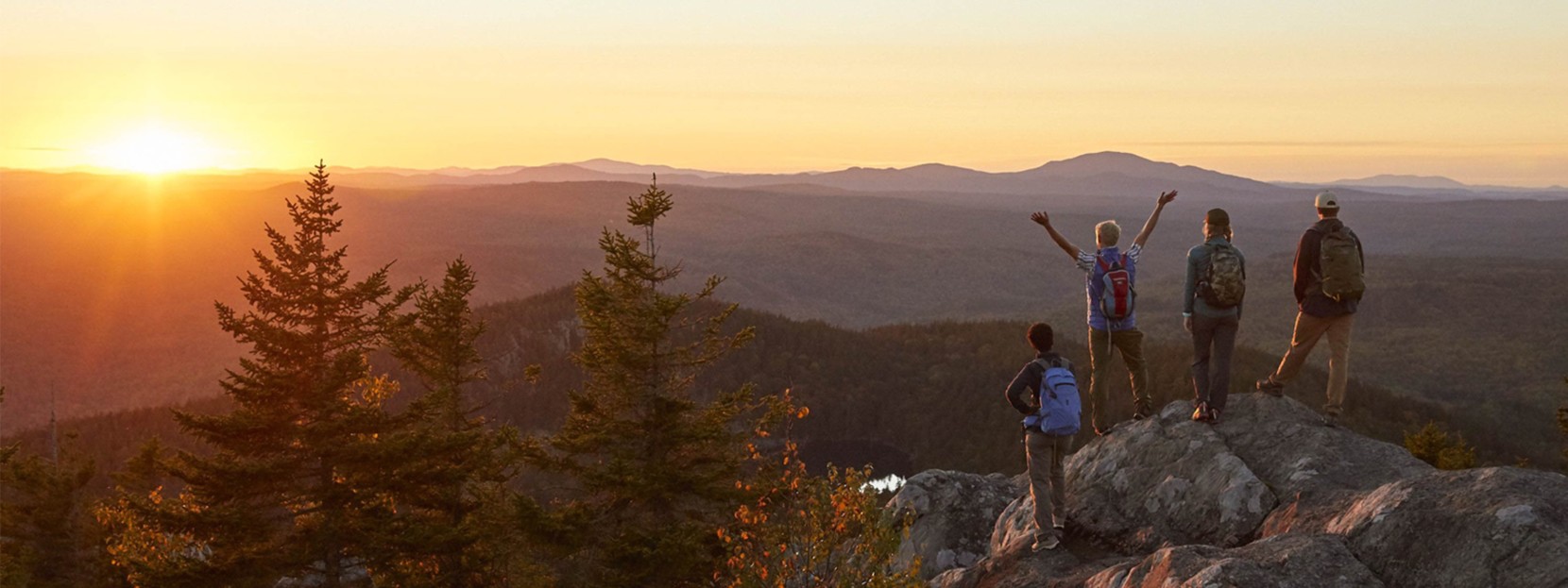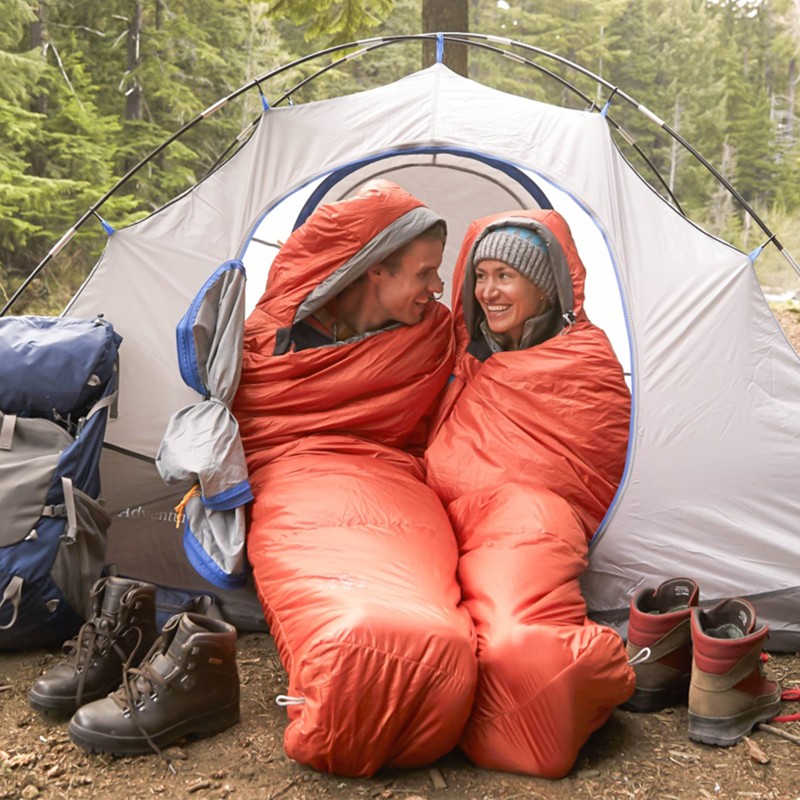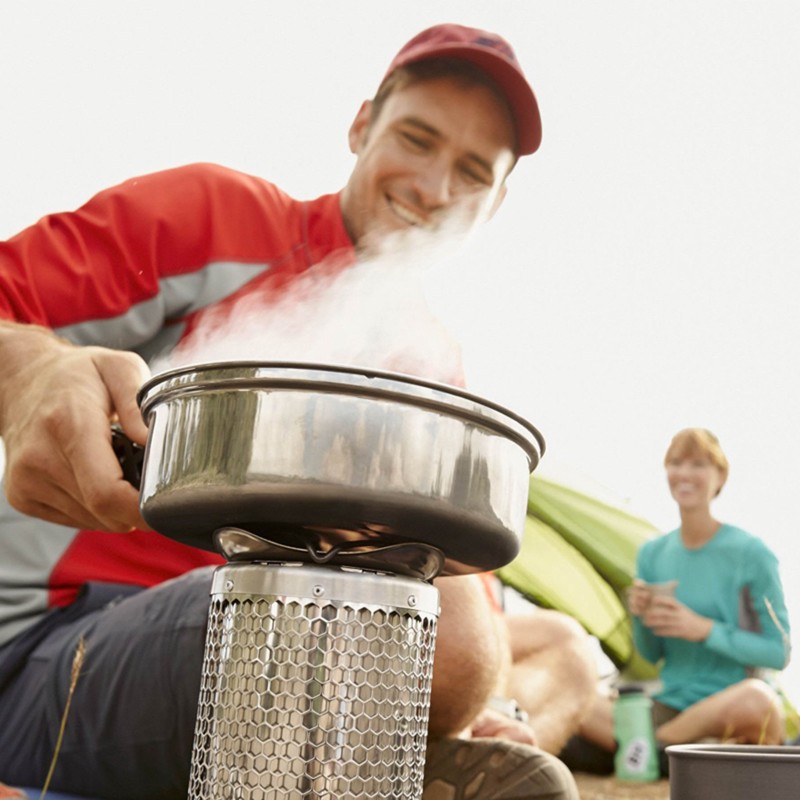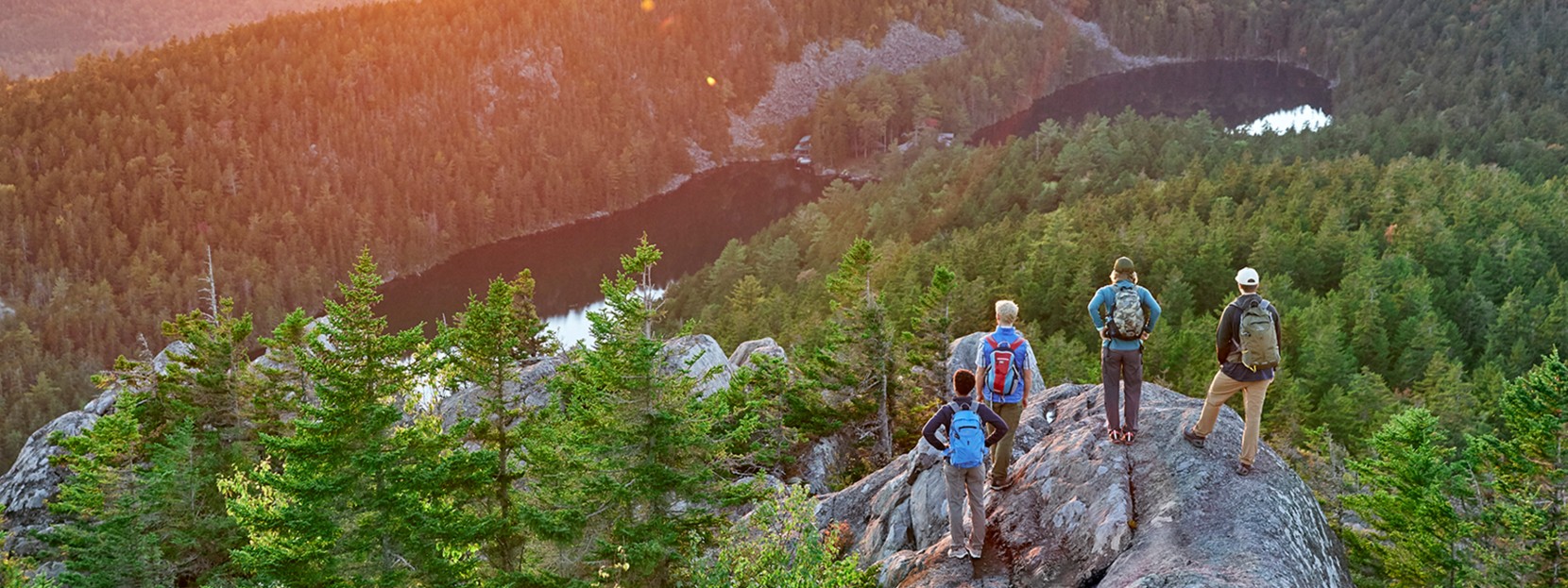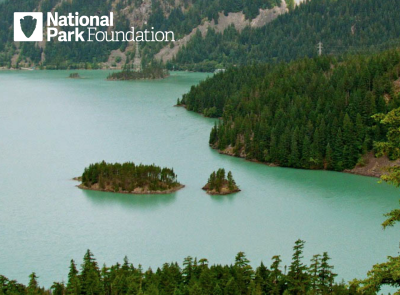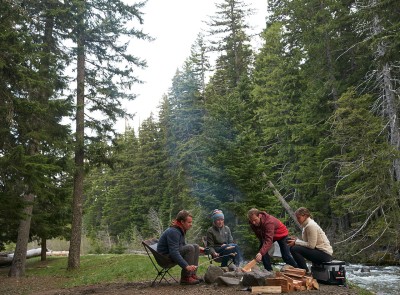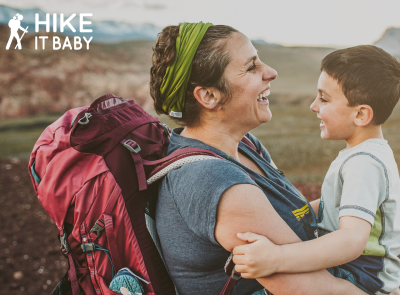Let nature reboot your system with a night under the stars
Anyone who’s spent a night in the great outdoors knows that you somehow wake up feeling better, but they probably don’t know exactly why. Now, research is backing up those feelings by unearthing evidence that sleeping outside offers both physical and mental health benefits. With that in mind, we’ve compiled the top 5 reasons you should make a date with your tent, your sleeping bag, and your closest friends and family, pronto.
1. Tent stories are life-extending
Scientists agree that deep friendships – the ones where you can share personal feelings and experiences – can actually extend your lifespan. And, according to a study conducted by Michigan State University researchers, the health benefits of friendship increase as we age. This is good news for campers, because there’s nothing like being sardined into a tent to spark life’s most memorable conversations, and forge some of our deepest relationships. Perhaps it’s the comfort of darkness, or the intimacy of being tucked in side-by-side, or the absence of other distractions, but camping with others tends to encourage the sort of stories that create lifelong bonds. The message is clear: grab your sleeping bag, deepen your relationships, and add a year or two to your life.
Quick tip:
Parents of teenagers: The cloak of darkness, coupled with the inability of your teen to flee, make your tent the perfect place to dig into those conversations that are tougher to have in the light of day.
2. Waking with the sun can actually make you a morning person
University of Colorado researchers have discovered that increased exposure to natural sunlight helps to align your body clock with natural circadian rhythms. The benefits of syncing with the earth’s light and dark cycle are numerous. For most of us, a night spent sleeping outside means a bit more sleep than we normally get, and awakening slowly to the rising sun allows our brains to rouse before the end of sleep. The upshot? Camping miraculously makes morning people out of even the most committed night owls.
Quick tip:
While fresh air and some physical activity can make you feel ready for bed early, things like animal noises, your neighbors’ campfire songs or your snoring tentmate might all make it harder to actually fall asleep. The hack is easy: pack earplugs in with your toothbrush so you’re not struggling to find the little things after dark.
3. Take a forest bath before bed
Stress is the ultimate sleep disruptor, and we’re increasingly familiar with its other negative health consequences—high blood pressure, inflammation, depression, heart disease, asthma and diabetes, to name but a few. Fortunately, there’s an easy solution waiting right outside: Shinrin-yoku, the Japanese art of "forest bathing," is the simple act of immersing oneself in the woods. While forest bathing can take several forms, there’s nothing more immersive than pitching a tent at the base of tall trees, lying on your back and losing yourself in the towering spires. Not convinced? A recent study published in the journal Environmental Health and Preventative Medicine claims that forest bathing can lead to decreased stress, natural mood elevation, a stronger immune system, reduced blood pressure and lower cortisol levels. Boom.
Quick tip:
The forest floor is often quite damp, so fold a 2-foot by 2-foot square of plastic into your pack. Now you’ll have something to sit on, allowing you to take a forest “bath” without getting wet.
4. Get a healthy dose of melatonin.
The light absorbed by your body during pre-bedtime Netflix binges and Instagram scrolling has a profoundly negative effect on sleep quality. According to the National Sleep Foundation, that’s because it stops your body from producing melatonin, the hormone that regulates sleep and wakefulness. Getting off the grid, away from your devices and into a sleeping bag is a sure-fire way to get your melatonin flowing again, resulting in deeper, longer, and more restful sleep. If you’re feeling the need to watch something before dropping off, zip open your tent fly and invite your tentmates to join you for the big show in the sky. No tickets, subscription fee, or wifi required.
Quick tip:
If you’re sleeping with kids, turn this into a game and see who can count the most satellites and shooting stars.
5. Fuel your brain and your body with oxygen-rich fresh air.
We all know oxygen is fundamental to our survival, but we rarely think about the quality of the air we breathe at night. But physiologists have long understood that our bodies use the oxygen we take in while sleeping to restore and repair our muscles and nervous system In fact, fresh air actually improves our ability to break down lactic acid and recover from exertion more quickly, which means that after a night of sleeping outside, we’re less stiff and sore than we might be after sleeping indoors.
Quick tip:
The key is ensuring you’ve got a tent that breathes, so stake your tent tautly and tension the fly to maximize the airspace between it and the wall of the tent. Then, open all inner windows, rainfly doors and roll-up sections, especially opposing ones for cross ventilation.
Related Stories

